Men unilaterally deciding Nikah terms restrict brides' rights in marriage: SC
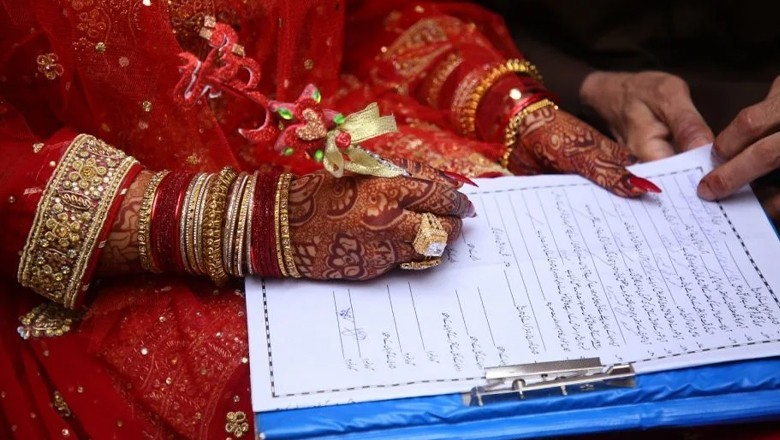
Web Desk
|
24 Apr 2024
The Supreme Court stated in its ruling that male family members determining Nikah terms for women is a social norm, however, this prevalent practice can limit their rights later in marriage.
A two-member bench comprised of Justices Aminud Din Khan and Athar Minallah issued a court order on Tuesday in a case related to a bride's right to a plot mentioned in her nikahnama.
In 2022, the Lahore High Court (LHC) decided in favour of a woman, Huma Saeed, who had married Mohammad Yousaf in May 2014.
Mr Yousuf appealed to the Supreme Court, arguing that the plot listed in Nikahnama section 17 shouldn't be considered a dower or gift.
He maintained that the property was mentioned under a special condition in Column 17 “making it distinct from the other columns which have been specifically provided for the purposes of settling the terms of dower."
“A plain reading of the description of the property, as mentioned in column 17, does not indicate nor support such a stance,” The two-member bench dismissed Mr Yousuf's plea and upheld the order of LHC.
According to the ruling, authored by Justice Minallah, the bench was asked to determine and interpret the ambiguous and unclear clauses in nikahnama.
"Its [dower’s] determination at the time of the execution of the [nikahnama] must necessarily be guided by an informed understanding of the bride regarding her rights. The freedom to negotiate and settle the terms by the bride, therefore, becomes crucial,” a ten-page judgment declared.
Justice Minallah expressed disappointment that Nikah terms and conditions are often decided without women's full understanding and consent. He attributed this to "paternalistic tendencies" and "dominance by male family members."
“It places a bride in a disadvantageous position, inevitably adversely affecting her capacity to execute the contract with free consent”.
The ruling further stated that a marriage contract is a mutual agreement between men and women. Therefore, the interpretation of its clauses should be based solely on the parties' intentions at the time of signing.
It asserted that the heading of a specific clause alone cannot determine the intention of the parties involved.
“The courts, while interpreting the contents and terms and conditions of a [Nikahnama], also have to take into consideration the factor of free consent of the bride and her freedom to settle the terms and conditions as a person having an informed understanding of her rights,” the judgment said.
If the nikahnama is confusing and the woman was not informed about her rights at the wedding, the court said, “The benefit ought to go in favour of the wife.”



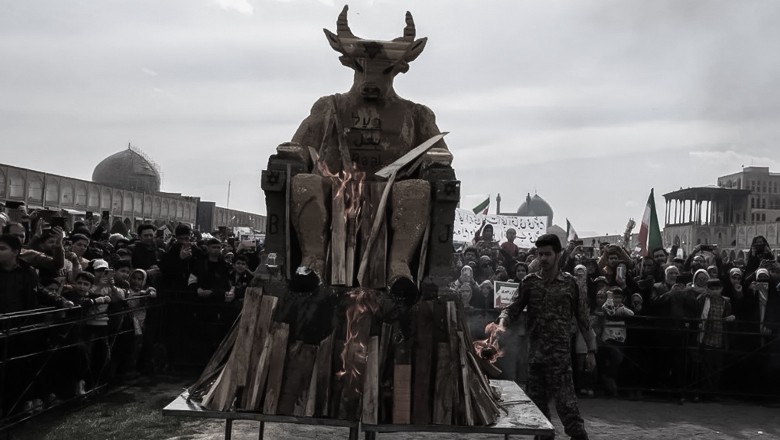
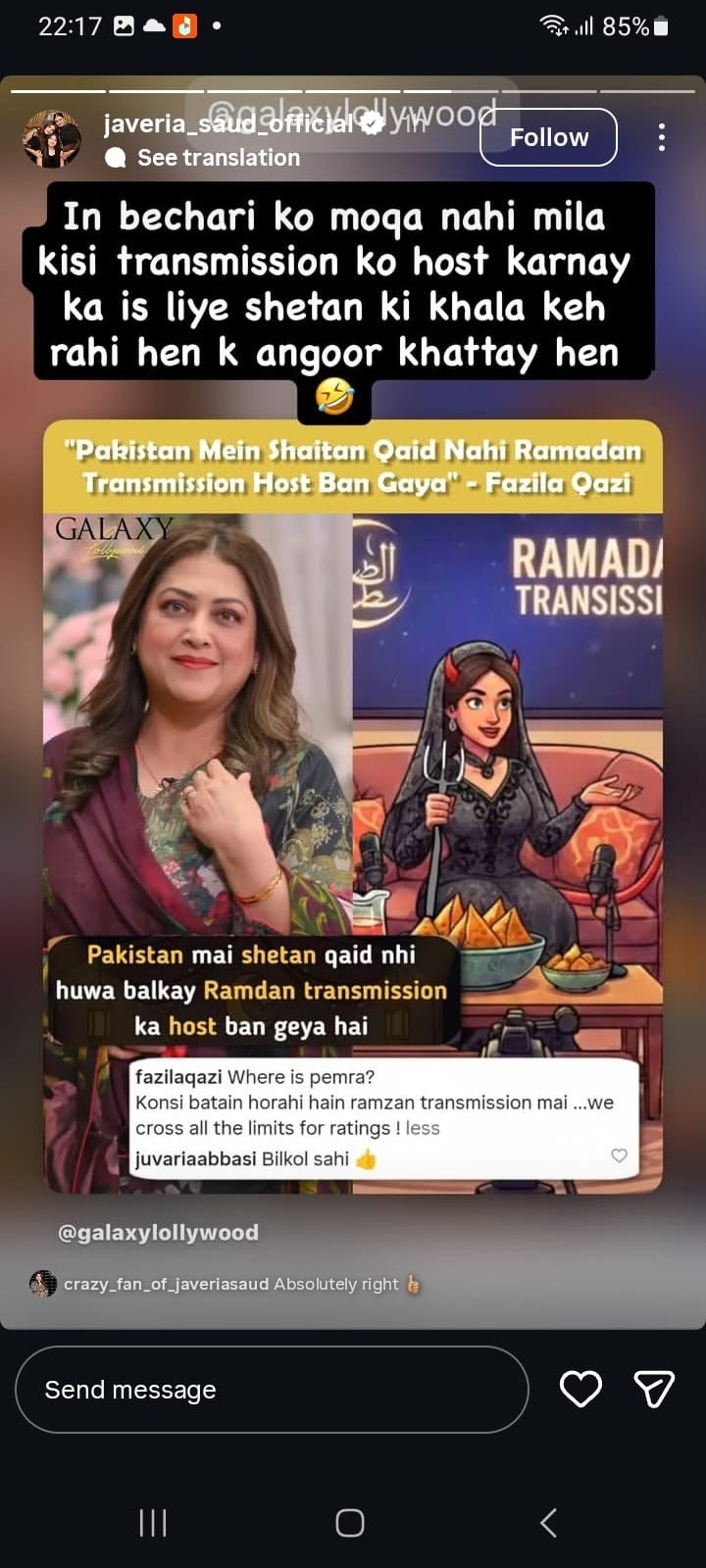
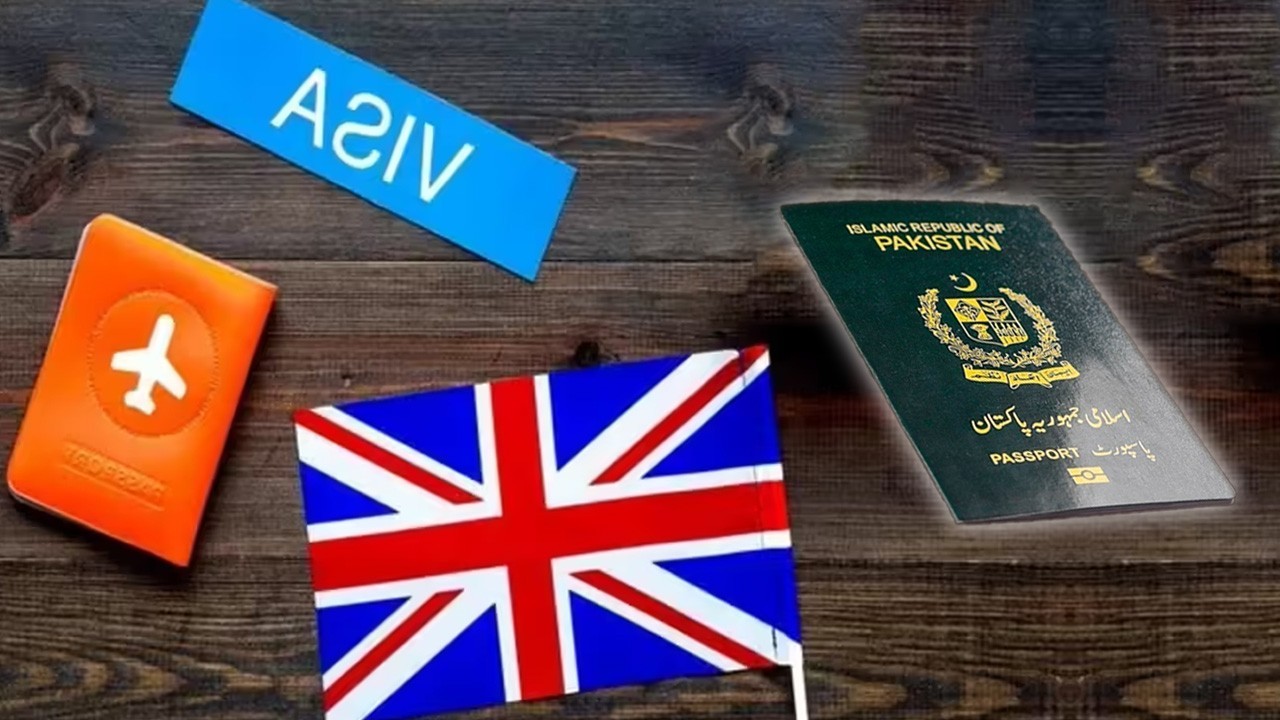

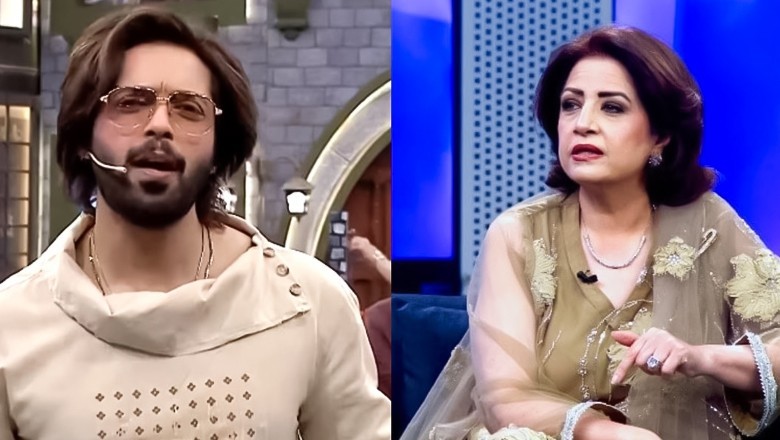
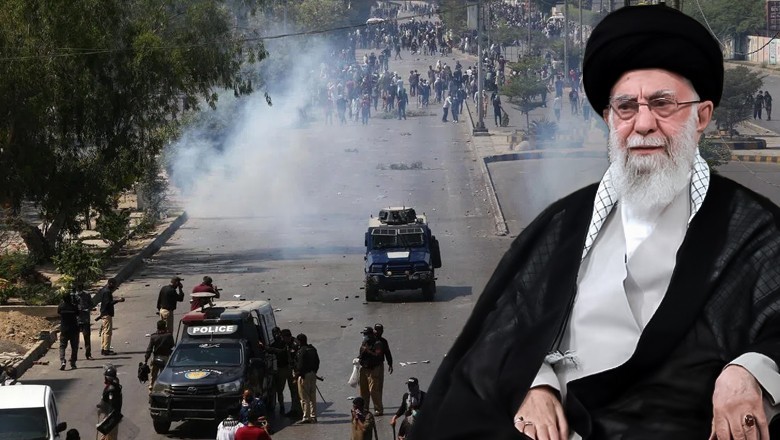
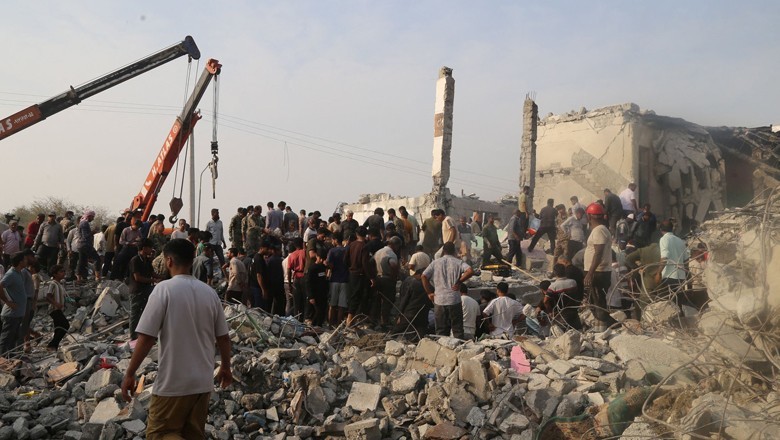

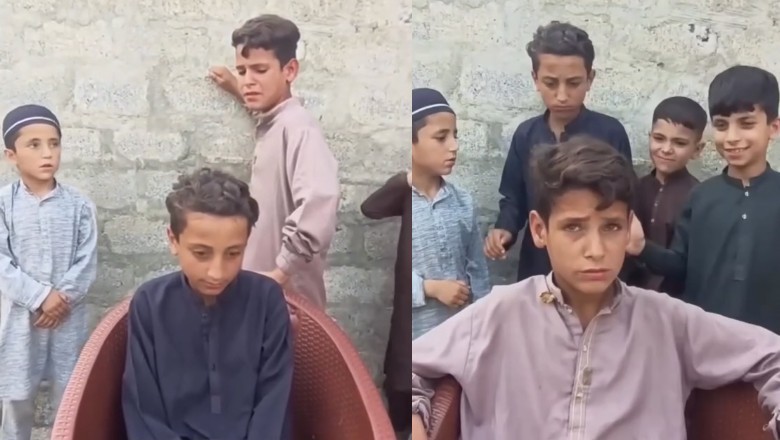
Comments
0 comment